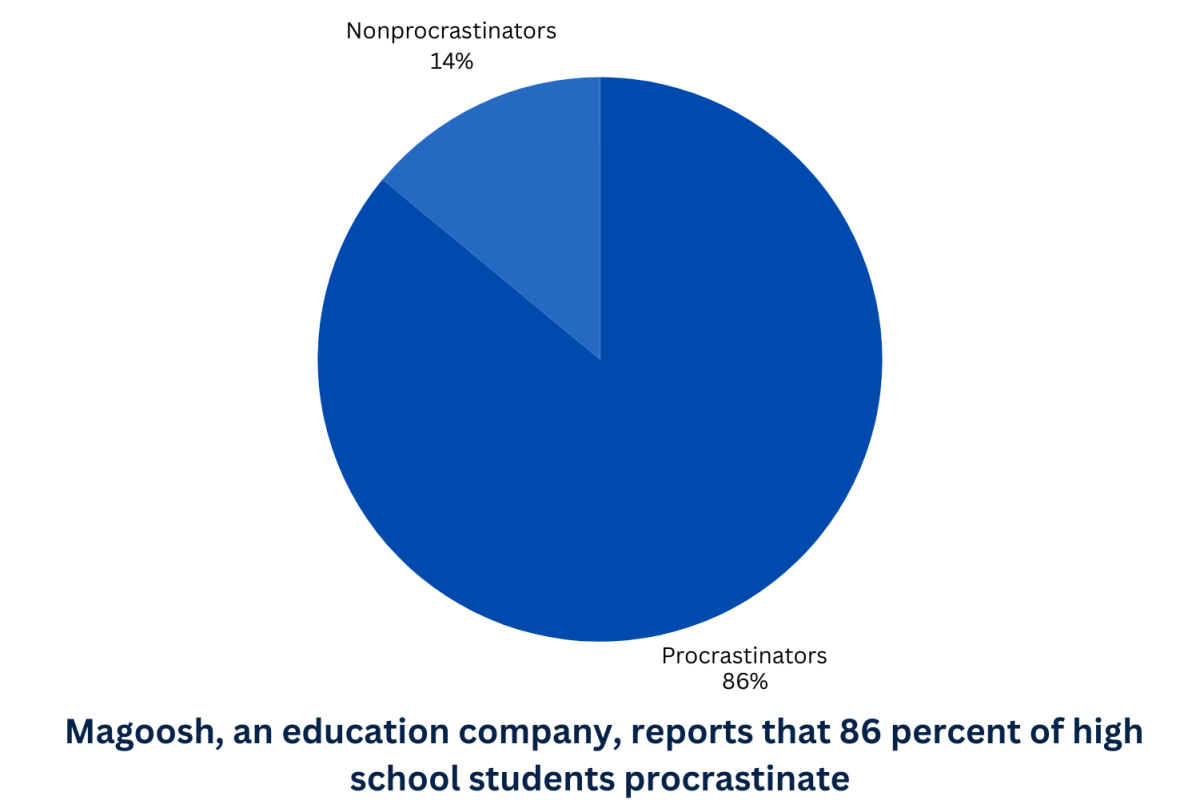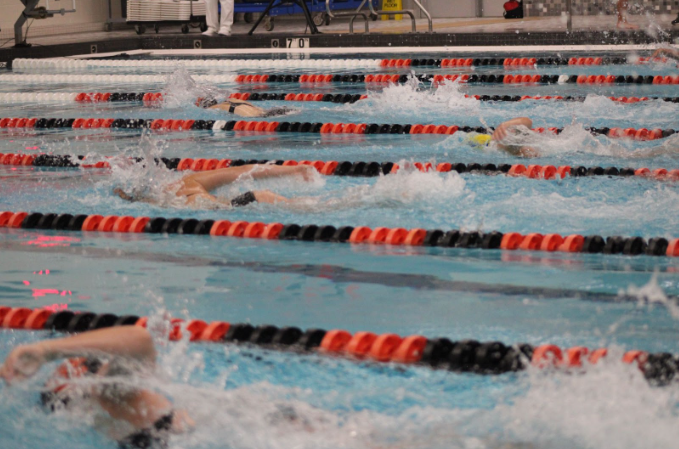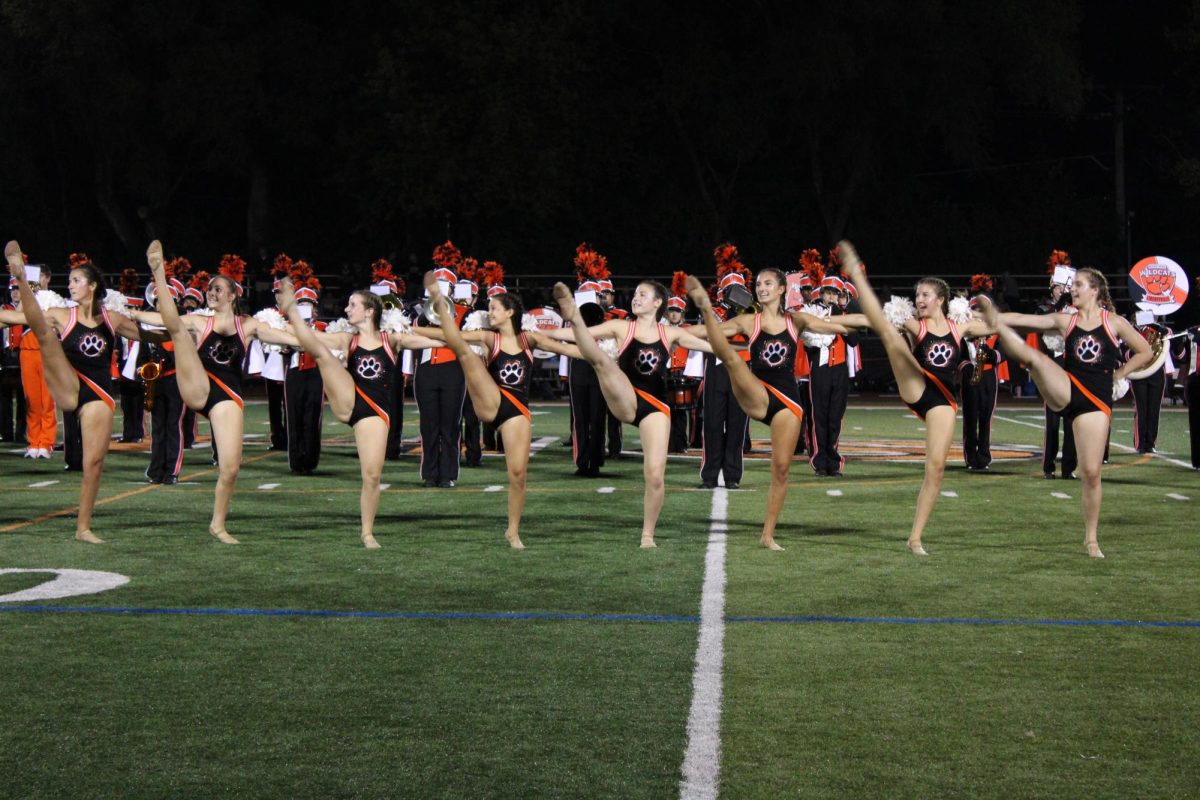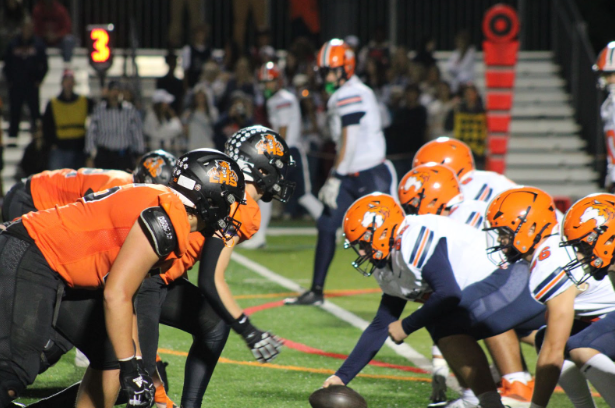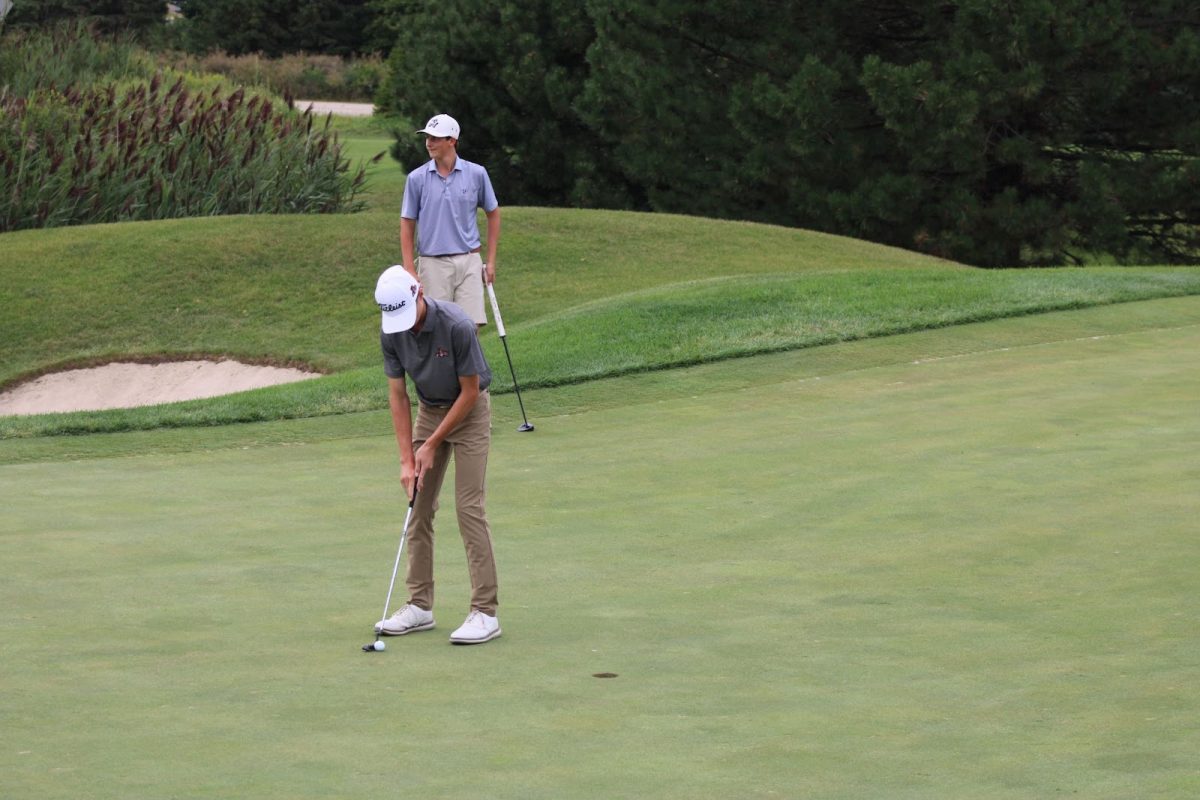There has been a recent and ongoing debate over whether or not the National Collegiate Athletic Association (NCAA) should compensate college athletes.
Tuition Compensation is Fair Enough
By Tyler Skinner
Naviance has Duke University listed at about $60,000 per year. The University of Michigan, UCLA, and Notre Dame are all around $55,000 per year to attend.
College athletes, who are at the top of their sport, are getting all of this for free to play their sport. Each of the athletes on the Michigan basketball team are effectively getting “paid” $55,000 a year to go there and to get better at basketball. There are very few fields in the real world where an 18-year old can get a job paying $55,000 a year with nothing more than a high school diploma. These kids, because that’s what they are, leave school when they are 22 years old with absolutely no debt, which very few 22-year-olds with a degree from a prominent university can say. Business Insider states, that only about two percent of these college athletes actually go on to play in their respective professional sport, and that other 98 percent is set up far better than the rest of their peers because once they get a job in the workforce, they get to keep all of that money rather than having to pay off debts with the first few rounds of paychecks.
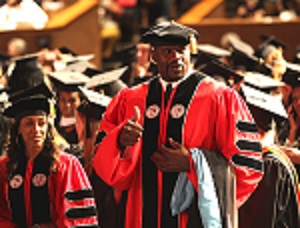
For that two percent that is going pro, they are also better off. Being a professional basketball player does not last for many, and they end up needing to get a real-person job sooner or later. Those who went the four years at college and then could not cut it in their sport are set up with a degree and do not have to spend more time and money for classes that they could have done before.
Lastly, the athletes shouldn’t be paid in college, because that would just start them earlier on having more money than they know what to do with. The National Bureau of Economic Research recently came out with a study that stated between the years 1996 and 2003, 1.9% of draftees declared bankruptcy within two years of retirement. That number skyrockets to 15.7% after 15 years. A big reason for that is the kids earning all this money are not given advice on how to handle it, and they end up spending it frivolously on cars or partying with fair weather friends. Paying the kids in college would just start that whole cycle a couple years earlier.
Getting a college diploma, and not having to pay anything for it, is enough compensation, because it will end up changing the lives of these kids more than a flat check for coming to play basketball at their college.
The Athletes Need to be Paid
By Jake Luce
According to an audited financial statement published by The Washington Post, the NCAA raked in about $989 million in revenue in 2014. With the NCAA making almost a billion dollars every year, it seems astounding that the athletes in major revenue sports make no money, and the rules regarding “extra benefits” are incredibly harsh.
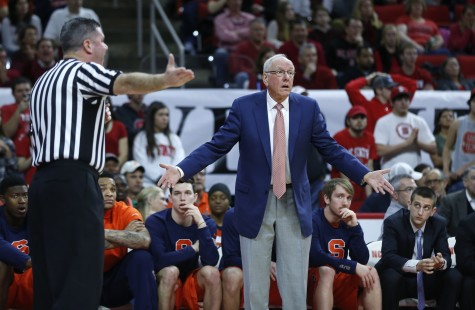
NCAA athletes in major revenue-making sports deserve to receive some compensation for the absurd amount of effort they put into their sports. According to Forbes magazine in June of 2014, the average Division I football player devotes around 43.3 hours per week to his sport, yet the average American work week is only 40 hours per week. Due to the amount of time dedicated to their sport, many Division I athletes lack enough time to do their homework or study for their classes. According to Business Insider in January of 2015, around 98 percent of college athletes do not play professionally after graduating. These student athletes are put at a severe disadvantage when trying to find a job due to their lack of knowledge from the classes they missed as a result of their busy schedule as an athlete.
Business Insider reported that there are 13 Division I schools that brought in over $100 million last year, and many more bordering that number. However, these schools must maintain their “non profit organization” status, which means they have to spend almost all of the money they make each year. And although this money does benefit the school and the athletic facilities, there is certainly enough money to be paying the athletes instead of making unnecessary purchases.
Not only would it be benefiting the NCAA players if they were paid, but it would improve the overall competition in NCAA sports. Many students leave college early in order to go pro. Even if the player is not completely ready to be a professional, the idea of being paid big money leads them to leave the NCAA. If the NCAA paid its players, there would be less players trying to turn professional early, thus increasing the level of competition in the NCAA.
The NCAA can absolutely afford to pay its players. Paying NCAA athletes in major revenue-making sports such as basketball, football, and baseball, will increase the level of competition and improve players’ college lives.



